In the realm of transportation and logistics, tanker trucks play a pivotal role in the distribution of various liquid commodities, including gasoline. Understanding the capacity of these trucks is essential for efficient operations, regulatory compliance, and safety management. At CarMax Vehicle, we specialize in manufacturing high-capacity, reliable tanker trailers designed to meet the diverse needs of the fuel transportation sector. This article delves into the specifics of tanker truck capacities, factors influencing their gas-holding capabilities, and the technological advancements that enhance their efficiency and safety.
Standard Capacities of Gasoline Tanker Trucks
Tanker trucks vary significantly in size and capacity, tailored to different transportation needs and regulatory environments. The capacity is typically measured in gallons (US) or liters, and several factors determine the optimal size for specific operations.
| Tanker Type | Capacity (US Gallons) | Capacity (Liters) |
|---|---|---|
| Small Tanker | 1,000 – 2,000 | 3,785 – 7,570 |
| Medium Tanker | 2,000 – 5,000 | 7,570 – 18,925 |
| Large Tanker | 5,000 – 11,600 | 18,925 – 43,915 |
| Super Tanker | 11,600 – 26,000 | 43,915 – 98,420 |
Key Factors Affecting Tanker Capacity
Regulatory Standards: The Department of Transportation (DOT) and other regulatory bodies impose strict guidelines on the size and weight of tanker trucks. These regulations ensure road safety and infrastructure compatibility.
Vehicle Dimensions: The overall size of the truck, including length, height, and width, directly influences the volume of fuel it can carry. Taller and longer tanks naturally accommodate more gasoline.
Weight Considerations: Fuel is heavy, with gasoline weighing approximately 6.3 pounds per gallon. The total weight of the loaded tanker must adhere to legal limits to prevent overloading, which can cause accidents and excessive wear on roadways.
Tank Design: The shape and construction of the tank impact its capacity. Modern tanks are designed with multiple compartments to improve stability and safety, sometimes reducing the total volume but enhancing overall performance.
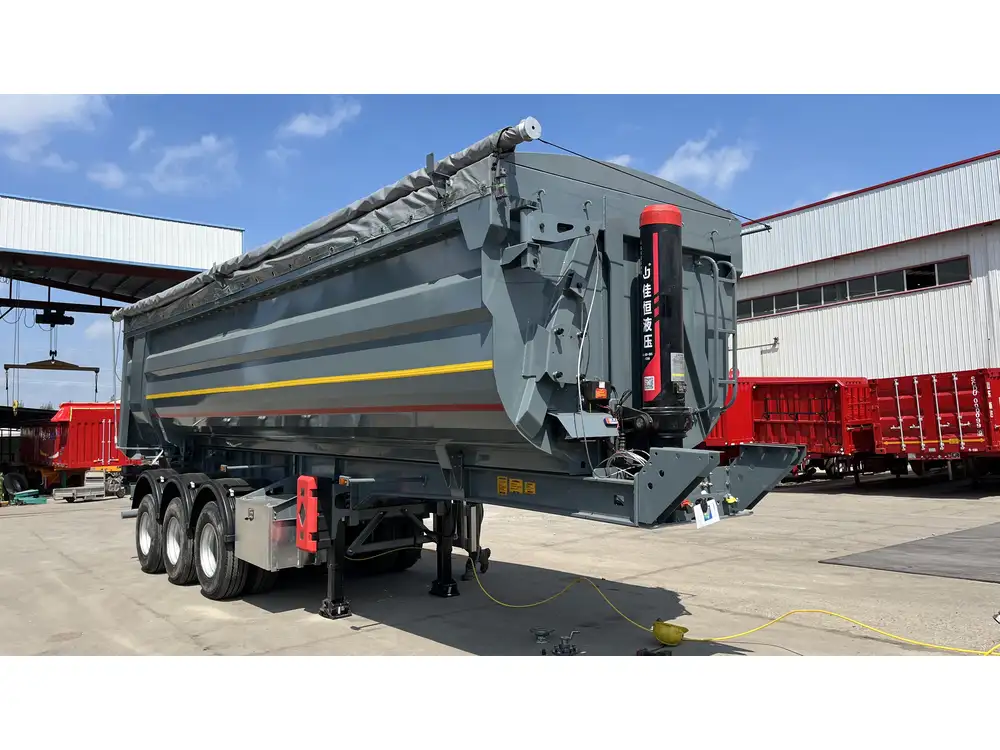
Types of Gasoline Tanker Trucks
Understanding the different types of tanker trucks helps in selecting the right vehicle for specific transportation needs.
Straight Truck Tankers
Straight truck tankers combine the engine and the tank in a single unit, typically used for urban deliveries due to their maneuverability and ease of loading/unloading.
Tractor-Trailer Tankers
These consist of a tractor unit towing a separate tanker trailer, offering greater capacity and flexibility. They are ideal for long-haul transportation, providing scalability and adaptability to different cargo needs.
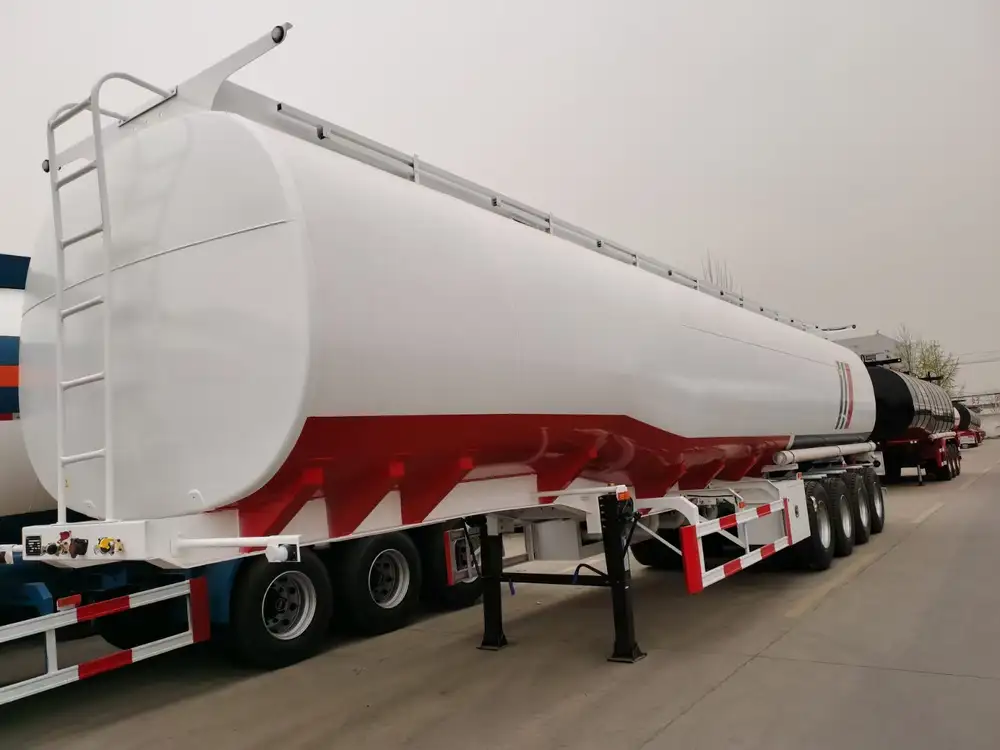
Double Trailer Tankers
Double trailer configurations maximize capacity by utilizing two trailers connected to a single tractor. This setup is common in regions with higher demand and longer transportation distances.
Enhancing Capacity with Advanced Tanker Technologies
CarMax Vehicle leverages cutting-edge technologies to optimize tanker truck capacities while ensuring safety and efficiency.
Lightweight Materials
Using advanced lightweight materials reduces the overall weight of the tanker truck, allowing for increased fuel capacity without exceeding legal weight limits. Materials such as aluminum alloys and high-strength steel are commonly employed.

Aerodynamic Designs
Aerodynamic tanker designs minimize air resistance, improving fuel efficiency and allowing for larger fuel loads. Shapes that streamline airflow reduce drag, contributing to overall performance.
Modular Tank Systems
Modular tank systems enable easy adjustments to tanker capacity based on specific requirements. These systems allow for quick reconfiguration, enhancing operational flexibility.
Safety Measures and Compliance
Ensuring the safe transportation of gasoline is paramount. CarMax Trailer incorporates multiple safety features and adheres to stringent compliance standards.

Spill Prevention Technologies
Modern tanker trucks are equipped with spill prevention systems, including double-hose refueling, automatic shut-off valves, and spill kits. These measures minimize the risk of accidental fuel leaks.
GPS and Monitoring Systems
Integrated GPS and real-time monitoring systems track the location and status of each tanker, enabling proactive safety management and rapid response in case of emergencies.
Driver Training Programs
Comprehensive driver training ensures that operators are well-versed in safety protocols, emergency procedures, and proper handling of hazardous materials.
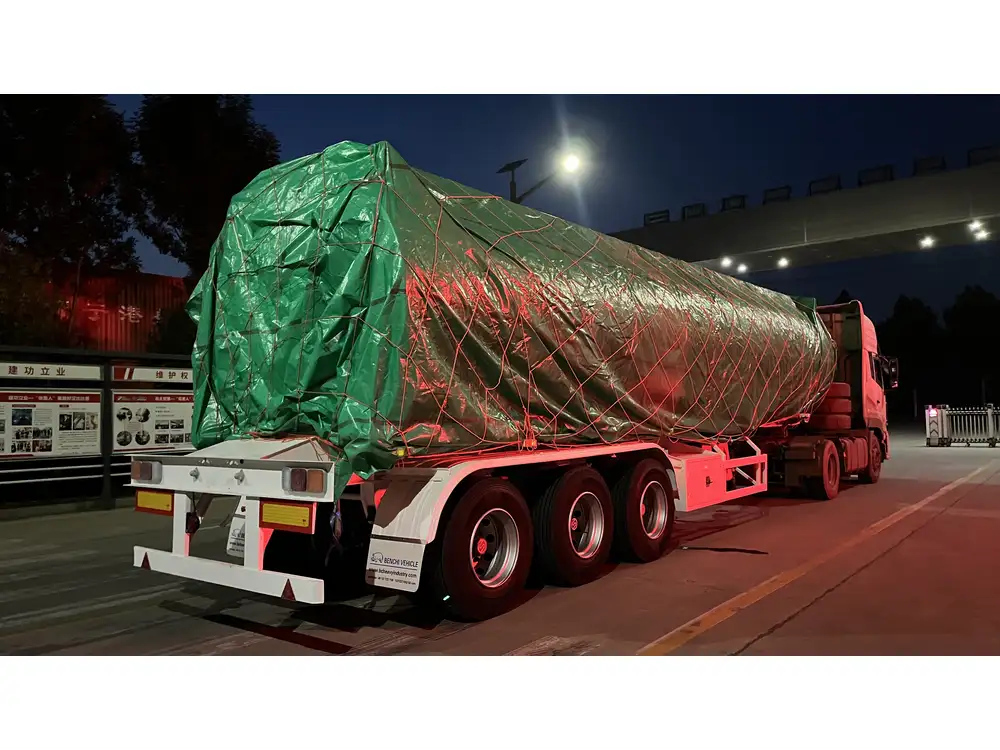
Cost Efficiency and Operational Benefits
Optimizing tanker capacity directly impacts operational costs and efficiency. Larger tankers reduce the number of trips required, lowering fuel consumption and labor costs.
Fuel Savings
Higher capacity tankers transport more fuel per trip, significantly reducing the per-gallon transportation cost. This efficiency is crucial for maintaining competitive pricing in the fuel distribution market.
Reduced Maintenance
Fewer trips translate to less wear and tear on vehicles, extending the lifespan of the tanker fleet and decreasing maintenance expenses.
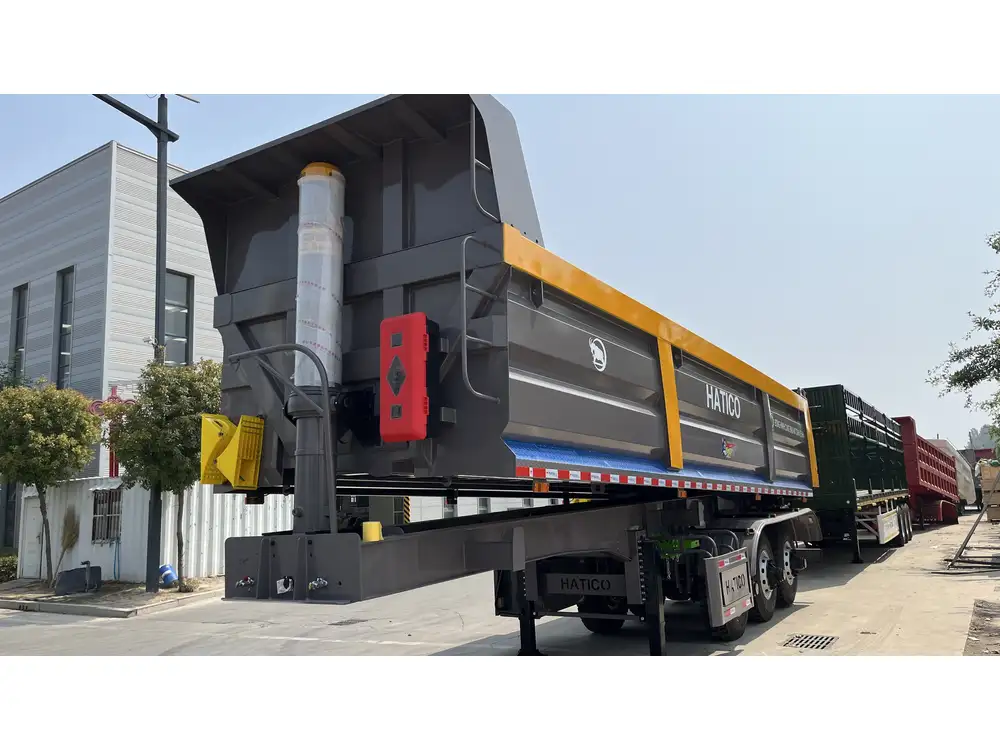
Enhanced Scheduling
Larger capacities allow for more flexible scheduling and better route planning, ensuring timely deliveries and improved customer satisfaction.
Environmental Considerations
Environmental sustainability is a critical aspect of modern transportation logistics. CarMax Vehicle is committed to reducing the environmental footprint of tanker operations.
Emission-Reducing Technologies
Incorporating emission-reducing technologies such as advanced engine systems and eco-friendly materials helps minimize greenhouse gas emissions during transportation.
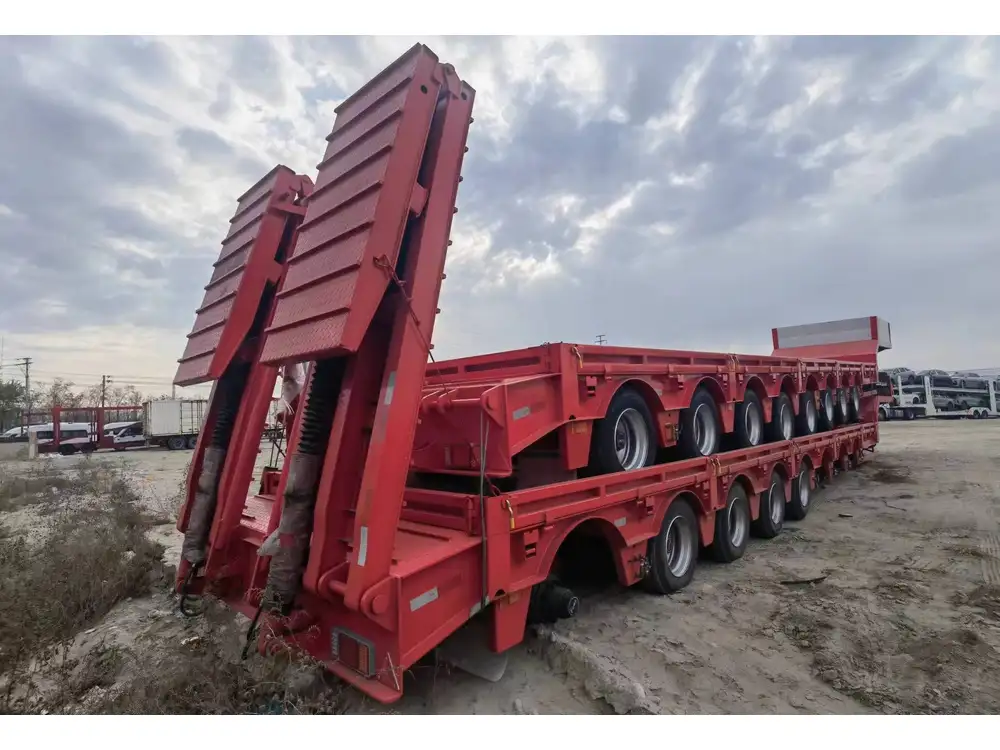
Fuel Efficiency Initiatives
Design enhancements that boost fuel efficiency contribute to lower carbon emissions, aligning with global sustainability goals and regulatory requirements.
Recycling and Reuse
Implementing recycling programs for old tanker materials and promoting the reuse of components reduces waste and supports a circular economy.
Customization Options with CarMax Vehicle
At CarMax Vehicle, we understand that each transportation need is unique. Our customization options ensure that our tanker trucks meet specific requirements and operational demands.
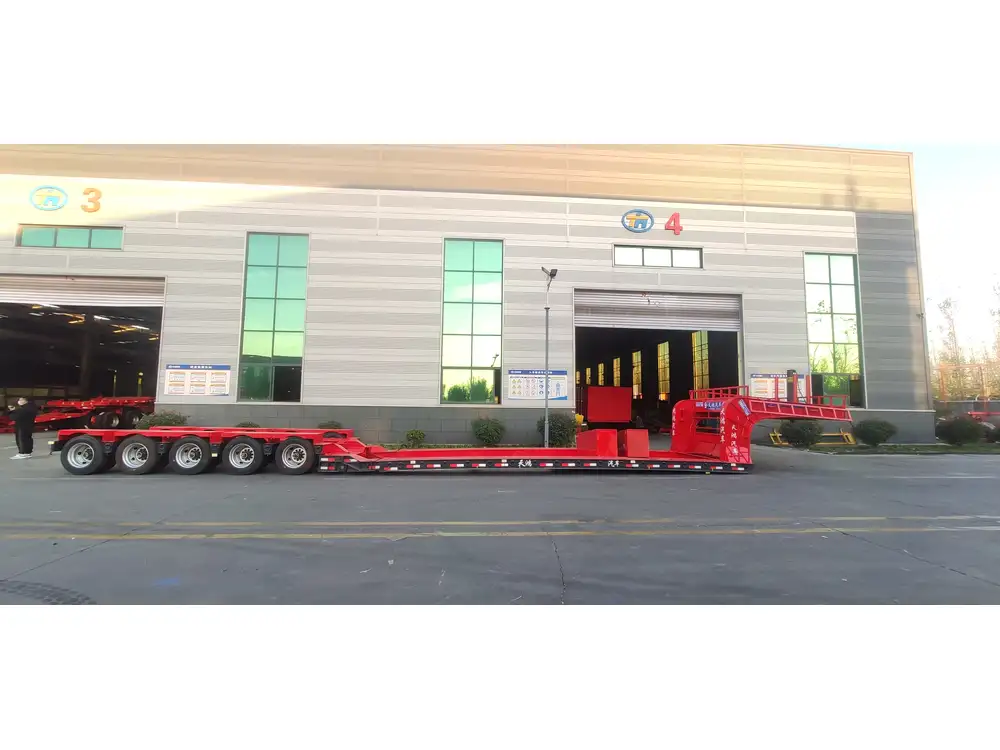
Capacity Customization
From small, agile tankers for urban deliveries to large-capacity models for long-haul routes, we offer a range of capacities tailored to your business needs.
Structural Modifications
Customization options include reinforced tank structures for enhanced durability, specialized compartments for multiple cargo types, and customizable refueling points.
Technological Integrations
We integrate the latest technologies, including telematics, automated safety systems, and advanced navigation tools, ensuring that our tanker trucks are equipped for modern logistical challenges.

Choosing the Right Tanker Truck for Your Needs
Selecting the appropriate tanker truck involves evaluating several critical factors to ensure optimal performance and compliance.
Assessing Transportation Routes
Understanding the terrain, distance, and infrastructure of transportation routes helps determine the most suitable tanker capacity and design.
Volume vs. Weight Balance
Balancing fuel volume with weight restrictions is essential. Larger tanks may carry more fuel, but they must stay within permissible weight limits to avoid legal and operational issues.

Regulatory Compliance
Ensuring that the chosen tanker meets all local, state, and federal regulations is crucial for legal compliance and safety.
Budget Considerations
Cost-effectiveness is a key factor. Evaluating the initial investment against long-term operational savings helps in making informed purchasing decisions.
Future Trends in Tanker Truck Capacities
The transportation industry is continually evolving, with advancements shaping the future of tanker truck capacities and operations.
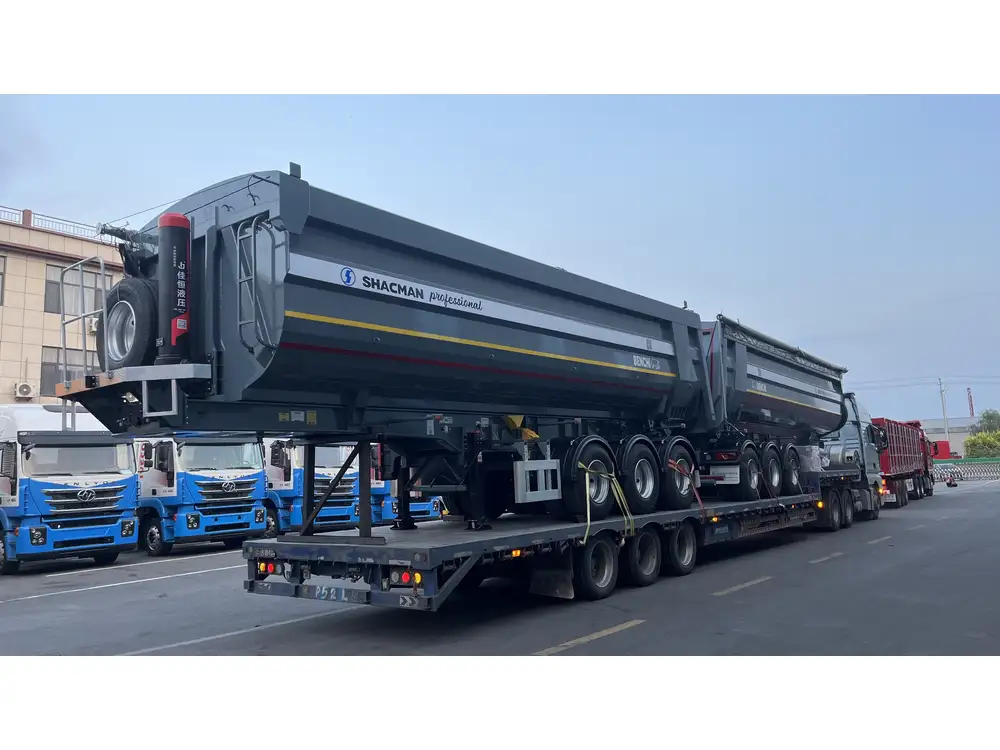
Autonomous Tanker Trucks
The development of autonomous tanker trucks promises to revolutionize fuel transportation, enhancing efficiency, reducing human error, and lowering operational costs.
Sustainable Fuel Alternatives
As the demand for sustainable fuel alternatives grows, tanker truck designs are adapting to handle new types of fuels, such as biofuels and hydrogen, broadening their utility.
Smart Fleet Management
Integration of artificial intelligence and machine learning in fleet management systems enables predictive maintenance, optimized routing, and enhanced safety protocols.

Why Choose CarMax Vehicle for Your Tanker Needs
CarMax Vehicle stands at the forefront of tanker truck manufacturing, offering unparalleled quality, innovation, and customer support.
Superior Build Quality
Our tanker trucks are built to the highest standards, ensuring durability, reliability, and performance under diverse operational conditions.
Custom Solutions
We provide tailored solutions to meet the specific needs of our clients, whether it’s adjusting capacity, enhancing safety features, or integrating advanced technologies.
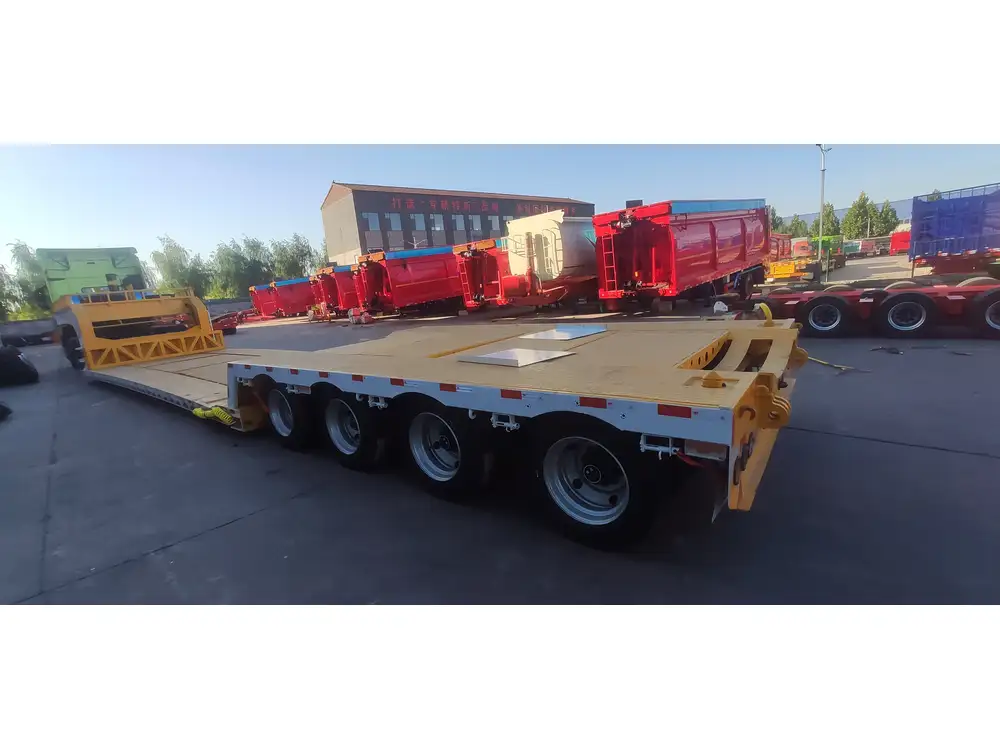
Comprehensive Support
From initial consultation to after-sales service, CarMax Vehicle offers comprehensive support, ensuring seamless operations and maximum customer satisfaction.
Competitive Pricing
We deliver top-tier tanker trucks at competitive prices, providing excellent value without compromising on quality or performance.
Conclusion
Understanding the capacity of tanker trucks is fundamental for efficient and safe fuel transportation. At CarMax Vehicle, we offer a wide range of high-capacity tanker trailers designed to meet the evolving demands of the logistics industry. Our commitment to quality, safety, and innovation ensures that our clients receive the best possible solutions for their fuel transportation needs. By choosing CarMax Trailer, you are investing in reliability, efficiency, and excellence.

Frequently Asked Questions
1. What factors determine the fuel capacity of a tanker truck?
Several factors influence the fuel capacity of a tanker truck, including regulatory standards, vehicle dimensions, weight limitations, and the design of the tank itself. These elements ensure that the tanker operates safely and efficiently within legal and logistical constraints.
2. How does tank design affect tanker truck capacity and safety?
The design of the tanker tank significantly impacts both capacity and safety. Modern tanks often feature multiple compartments to improve stability and reduce the risk of leaks. Additionally, aerodynamic designs enhance fuel efficiency and reduce emissions, contributing to safer and more environmentally friendly operations.
3. What are the maintenance requirements for high-capacity tanker trucks?
High-capacity tanker trucks require regular maintenance to ensure optimal performance and safety. This includes routine inspections of the tank structure, checking for leaks, maintaining the integrity of safety systems, and ensuring that all technological components such as GPS and monitoring systems are functioning correctly.
4. Can tanker trucks be customized for different types of fuels?
Yes, tanker trucks can be customized to handle various types of fuels, including gasoline, diesel, biofuels, and hydrogen. Customization options may include specialized tank materials, reinforced structures, and adjustable compartments to accommodate different fuel properties and ensure safe transportation.
5. What advancements are being made in tanker truck technology?
Advancements in tanker truck technology include the development of autonomous driving systems, emission-reducing technologies, smart fleet management systems with AI integration, and the use of sustainable materials. These innovations aim to enhance efficiency, safety, and environmental sustainability in fuel transportation.



